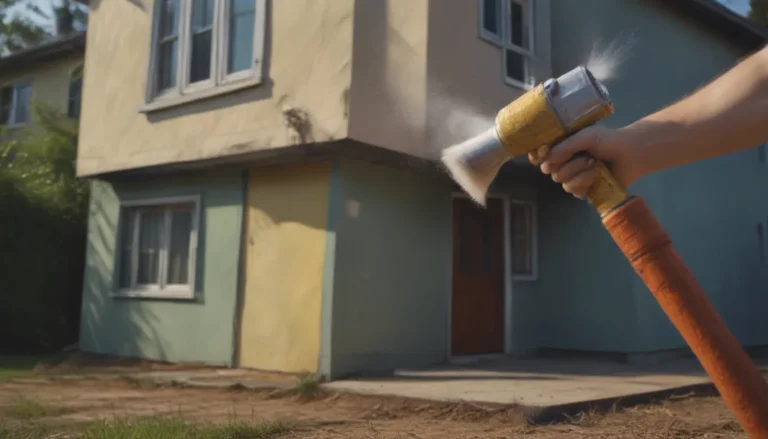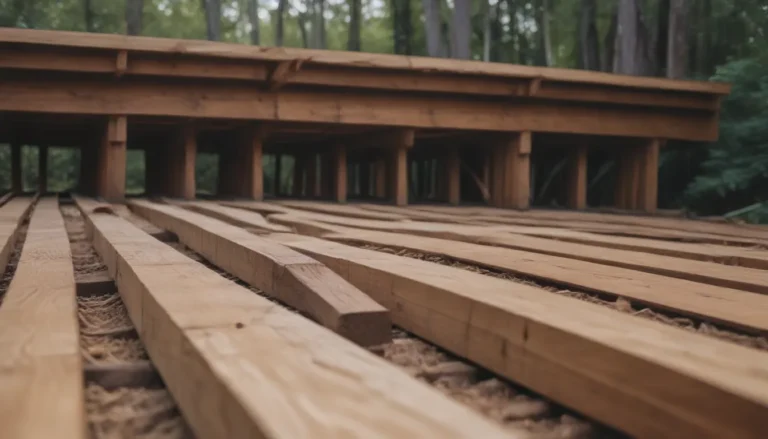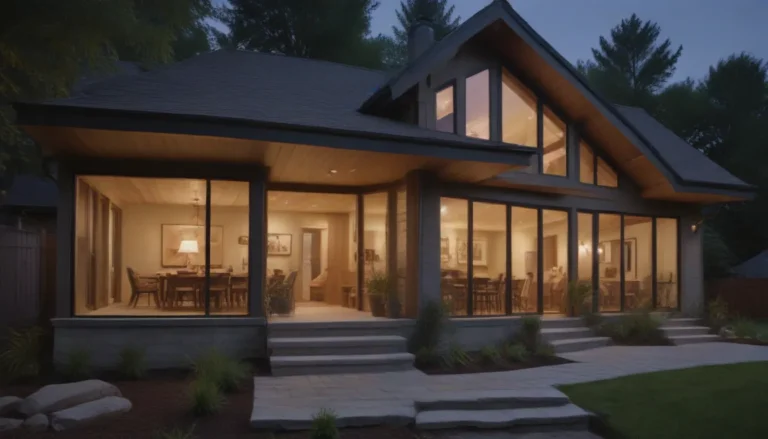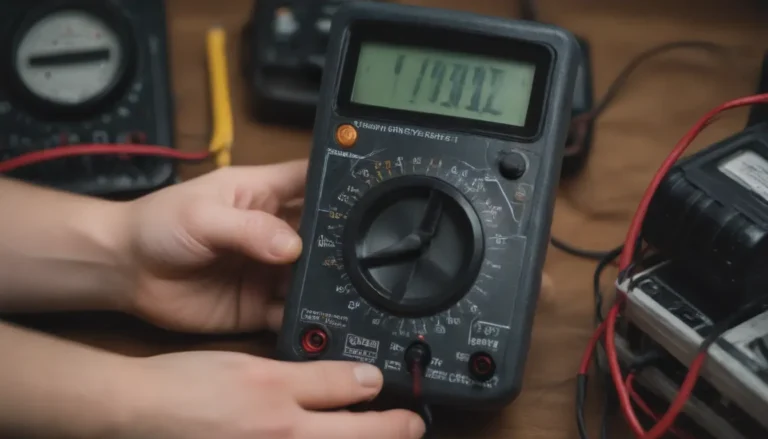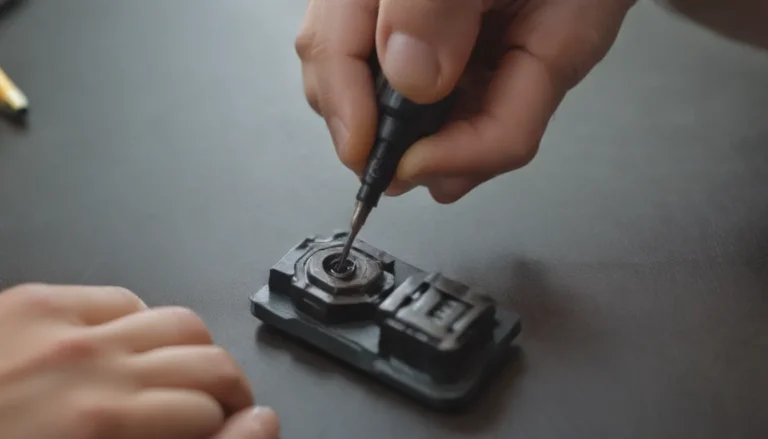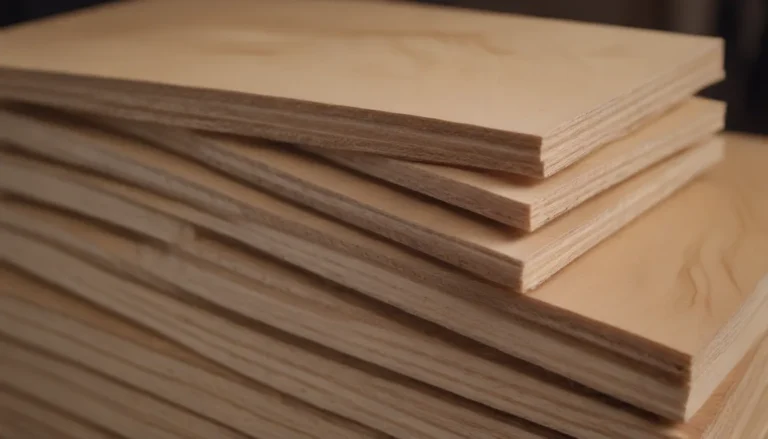Ultimate Guide to Choosing Between LVP vs. Engineered Hardwood Flooring
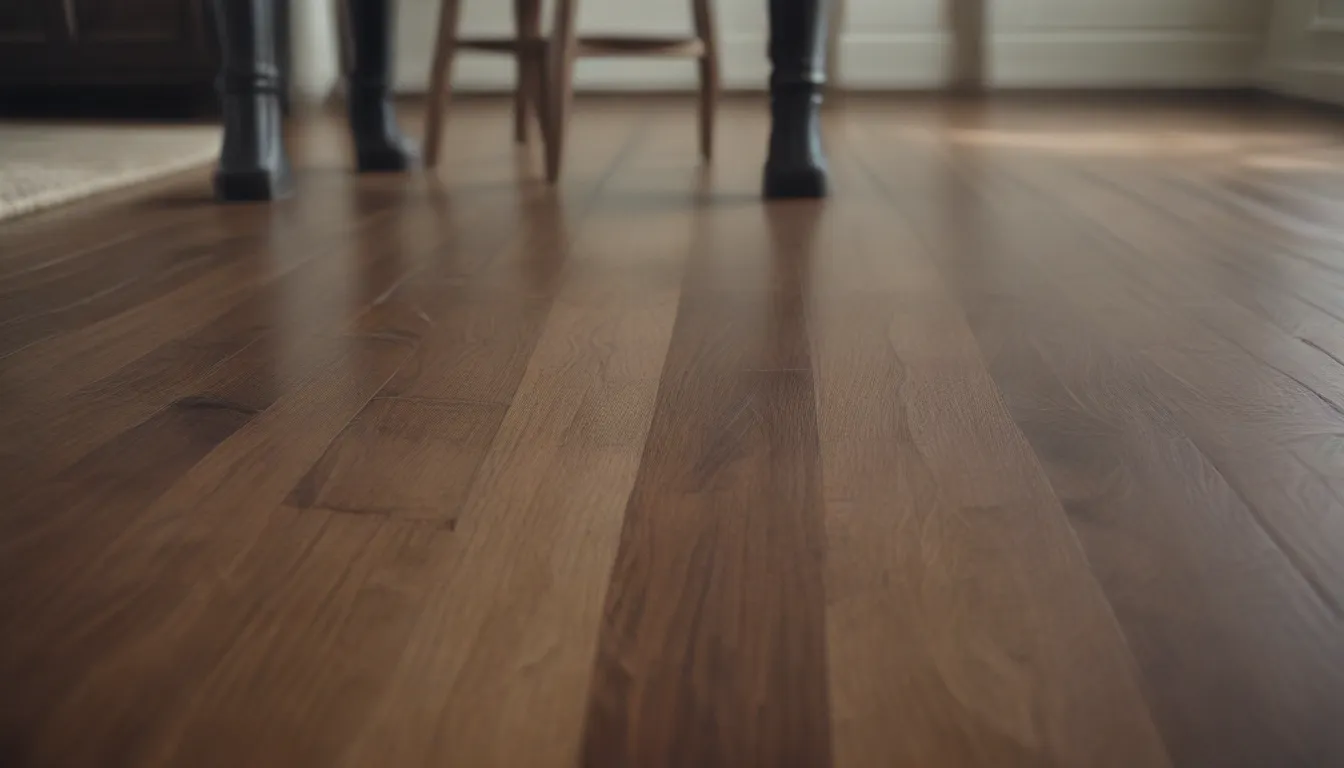
If you’re in the market for new flooring, you may be facing the dilemma between LVP vs. engineered hardwood. Both options offer a hardwood-like appearance at a more affordable price point, making them popular choices among homeowners. But how do you decide between the two? By understanding the key differences, pros and cons, and unique features of each flooring material, you can make an informed decision that suits your home and lifestyle. In this comprehensive guide, we will delve into everything you need to know about LVP vs. engineered hardwood flooring, helping you choose the perfect flooring for your space.
What Is LVP Flooring?
Luxury vinyl plank (LVP) flooring is a versatile and stylish material made from vinyl. It consists of multiple layers, including a clear protective layer, a design layer with a wood-like image, and a scratch-resistant aluminum oxide top layer. LVP is known for its durability, affordability, and easy maintenance, making it a popular choice for many homeowners.
Pros and Cons of LVP Flooring
Pros:
– Affordable
– Easy installation
– Very durable
– Low maintenance
– Ideal for floating floor installation
– Doesn’t require perfectly level subfloor
Cons:
– Hard to remove if glued down
– Some varieties prone to fading in sunlight
– Can dent easily under weight
– Can’t be refinished
– Relatively short lifespan
What Is Engineered Hardwood Flooring?
Engineered hardwood flooring is a laminate material that consists of a solid hardwood wear layer on top of plywood or MDF layers. This construction provides the look and feel of solid hardwood at a lower cost. Engineered hardwood is known for its durability, stability, and eco-friendly properties, making it a popular choice for those seeking a hardwood-like appearance.
Pros and Cons of Engineered Hardwood Flooring
Pros:
– Looks nearly identical to hardwood
– Affordable
– Can be refinished
– Eco-friendly option
– Dimensionally stable
– Long lifespan
Cons:
– Scratches easily
– Some varieties can fade in sunlight
– More expensive than LVP
– Refinishing is limited to wear layer thickness
Main Differences Between LVP and Engineered Hardwood
While both LVP and engineered hardwood offer beautiful and durable flooring options, there are key differences that can help you choose the right material for your home. Understanding these variations, from materials used to installation methods, can guide your decision-making process.
Installation
- LVP flooring is generally easier to install than engineered hardwood, thanks to its snap-together floating floor system.
- Engineered hardwood typically requires professional installation, as it may need to be nailed or glued down.
Warning: Both LVP and engineered hardwood should acclimate to the interior environment for at least 48 hours before installation to prevent warping and shrinking.
Cost
- Engineered hardwood is more expensive than LVP, with costs ranging from $3 to $20 per square foot.
- LVP flooring is more budget-friendly, ranging from $1 to $10 per square foot.
Maintenance
- Both LVP and engineered hardwood are easy to maintain with regular sweeping, vacuuming, and wet mopping.
- Use minimal water on engineered hardwood to prevent damage.
- Always refer to manufacturer’s instructions for cleaning agents.
Design
- Engineered hardwood offers a more authentic hardwood look due to its solid hardwood wear layer.
- LVP mimics hardwood with printed images and embossing for a realistic appearance.
Water Resistance
- LVP is 100% waterproof, making it ideal for wet areas like kitchens and bathrooms.
- Engineered hardwood is water-resistant but not waterproof, with some brands offering waterproof options.
Longevity
- Engineered hardwood has a longer lifespan due to its refinishing capabilities.
- LVP’s lifespan depends on wear and tear, typically lasting 5 to 30 years.
Durability
- Engineered hardwood is more resistant to dents, while LVP is better at resisting scratches.
- Consider durability based on your lifestyle and household needs.
Which Is Better: LVP or Engineered Hardwood?
The choice between LVP and engineered hardwood ultimately comes down to your specific requirements and preferences. Here are some factors to consider when deciding between the two:
- Choose LVP if you need water resistance, durability against pets and kids, or have a tight budget.
- Opt for engineered hardwood if you desire a hardwood-like appearance, refinishing capabilities, and long-term durability.
Remember, both LVP and engineered hardwood offer unique benefits and drawbacks, so assess your priorities to select the flooring that best suits your home and lifestyle.
In conclusion, when choosing between LVP vs. engineered hardwood flooring, consider factors such as installation ease, cost, maintenance requirements, design options, water resistance, longevity, and durability. By understanding the key differences and pros and cons of each material, you can make an informed decision that enhances the beauty and functionality of your home. Whether you prefer the affordability and water resistance of LVP or the authentic hardwood look and refinishing potential of engineered hardwood, the choice is yours to make based on your specific needs and preferences. Happy flooring shopping!
